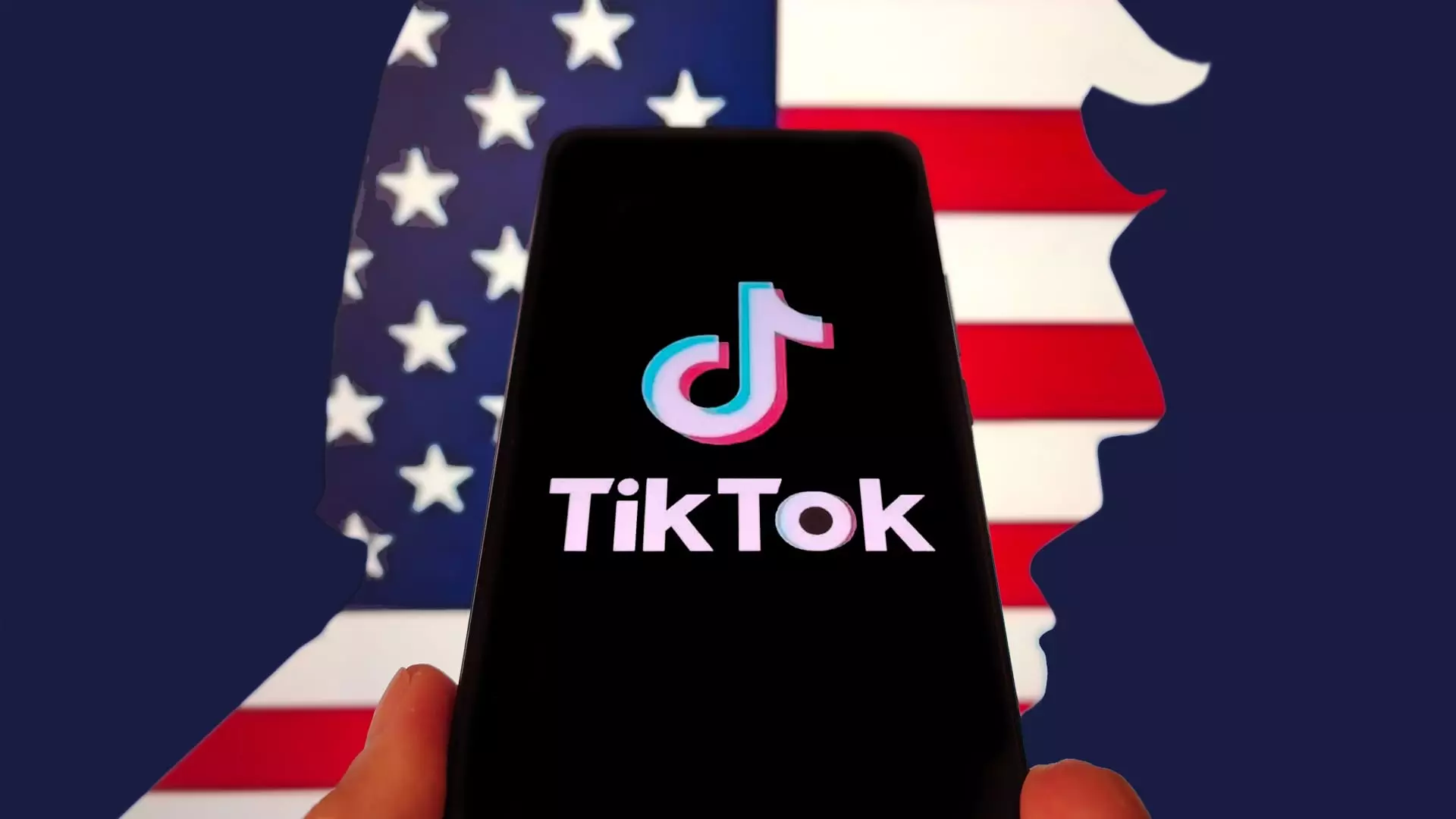In the fast-paced world of technology and geopolitics, the recent developments concerning TikTok and Apple serve as a glaring reminder of the intricacies behind global digital engagement. The decision by Apple to keep ByteDance’s TikTok in its App Store for an additional 75 days—following assurances from Attorney General Pam Bondi—highlights a complicated interplay between commerce, security, and national interest. While some may view this as reasonable compromise, others see it as yet another example of how economic interests are significantly overshadowing national security concerns.
The Political Balancing Act
The backdrop to this situation is steeped in political maneuvering. Former President Donald Trump’s executive order extending the TikTok ban deadline illuminates the pressing need for a decisive solution regarding foreign ownership of crucial digital assets. Yet, Apple’s acquiescence to remain on the sidelines is perplexing. Is the tech giant prioritizing profits over principles? By keeping TikTok accessible, they risk sending a mixed message about the acceptance of foreign apps that could potentially jeopardize American data security.
In an era where privacy violations are increasingly prevalent, allowing a China-based platform—one that has been scrutinized for its data collection practices—access to American users raises ethical questions. How can companies remain true to the intricate web of American values while navigating international trade relations? This 75-day extension reflects a short-sighted approach that overlooks the implications of long-term exposure to foreign influences.
The Tariff Conundrum
The timing of Trump’s tariff announcements is equally revealing. The staggering 54% cumulative tariffs imposed on China is not merely an economic strategy; it’s a political tool wielded to push for compliance in the ongoing negotiations around TikTok’s U.S. operations. The contradictory nature of this approach, where tariff negotiations could lead to reduced duties for ByteDance in exchange for a sale, sends an ambiguous signal to other countries about the legitimacy and stability of American trade practices.
While greater economic pressure is a valid strategy, it bears significant risks. The cultivation of goodwill is crucial in international relations, and overreliance on tariffs can stifle the very economic dynamism that America seeks to foster. Reductions in tariffs as a bargaining chip may undermine the integrity of trade negotiations, thereby paving the way for countries to question the strength and reliability of U.S. policy.
A Call for Clearer Principles
Ultimately, what emerges from this ongoing saga is a severe lack of clarity in U.S. policy towards technology and foreign involvement. American consumers deserve transparency regarding who has access to their data, especially when geopolitical tensions are at play. Companies like Apple must grapple with the implications of their decisions within the context of national security, rather than merely practical business considerations.
The temporary reprieve granted to TikTok serves as a band-aid solution to deeper, systemic issues that need more rigorous scrutiny and resolution. It is time for a comprehensive dialogue about technology’s role in society, particularly as it relates to sovereignty and security, rather than simply perpetuating a cycle of political and economic avoidance.

